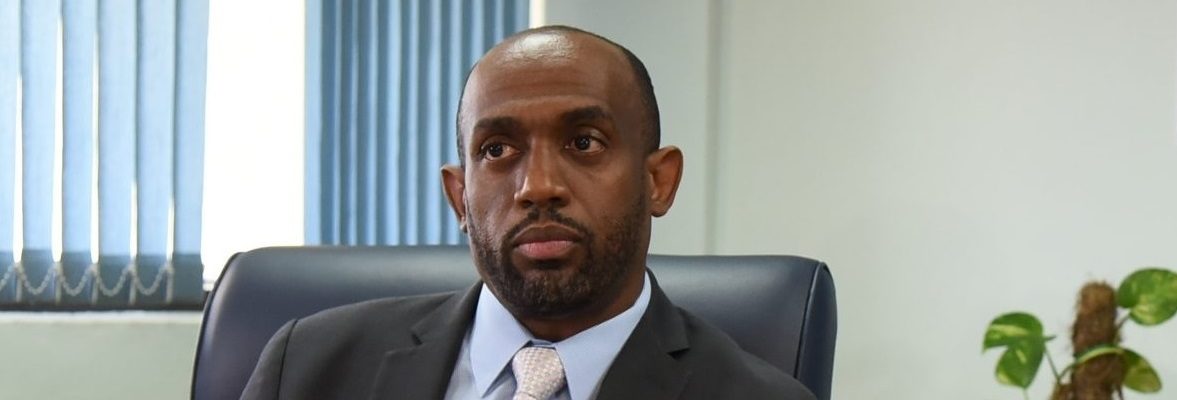
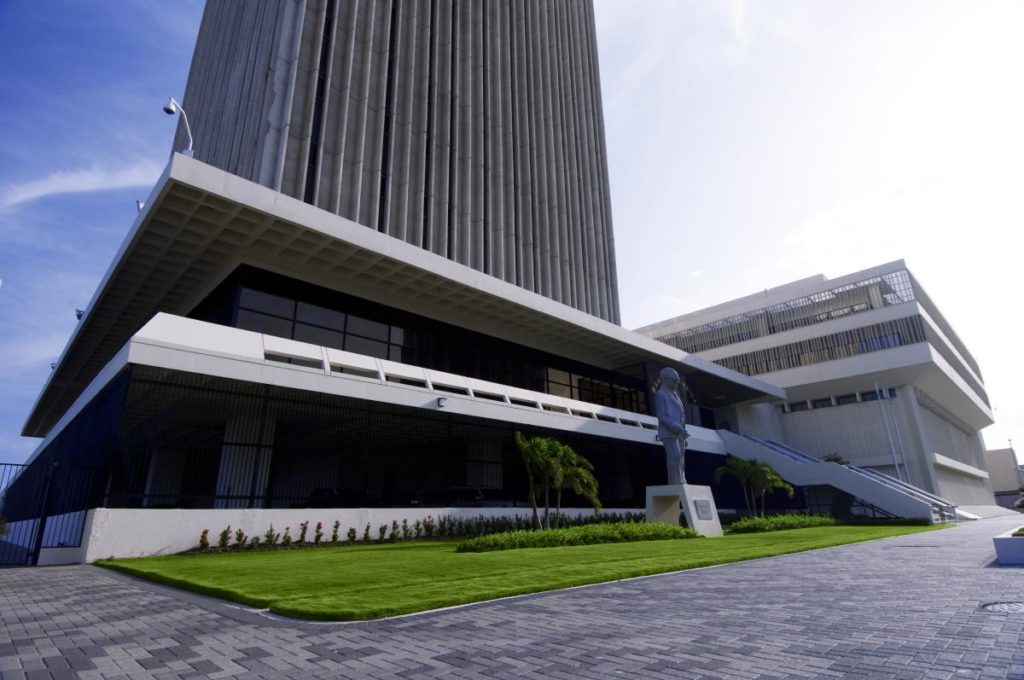
Durrant Pate/Contributor
The Bank of Jamaica (BOJ) is again reiterating that the country has adequate gross and net international reserves to finance its obligations, cushion against exogenous shocks, and address near to medium-term eventualities.
Addressing the BOJ’s digital quarterly media briefing last Friday (August 19), senior BOJ deputy governor, Dr Wayne Robinson argued that the gross reserves total US$4.3 billion, representing 129 per cent of the level deemed sufficient in accordance with the International Monetary Fund’s (IMF) measure of reserve adequacy.
Gross reserves measure the total value of foreign exchange and monetary gold reserves, special drawing rights, IMF reserve positions, and other assets denominated in dollars. Robinson advised that the NIR amounts to US$3.7 billion as at August 17, 2022.
The NIR reflects the difference between gross reserves and the country’s IMF loan debts. The senior deputy BOJ governor assured that while the total NIR is 6.7 per cent below the level at the beginning of October 2021, when the Central Bank adopted a more stringent policy stance in relation to inflation, “we have… more than sufficient reserves.”
Determining the level of reserves
The BOJ second in command explained that the factors considered when determining the level of reserves deemed adequate include the quantity of foreign exchange needed as a cushion in the event of a fall-out in export earnings due to adverse exogenous shocks, such as COVID-19.
Another factor is the amount that would be required to service the Government’s external obligations, and the sum needed in the event of a sudden surge in capital outflows.
According to Robinson, “when we are deciding what is an adequate level of reserves, the bank uses the IMF’s measure of reserve adequacy, which takes into account all of these factors, and you’ll realise that it is broader than the commonly used measure of weeks of imports.”
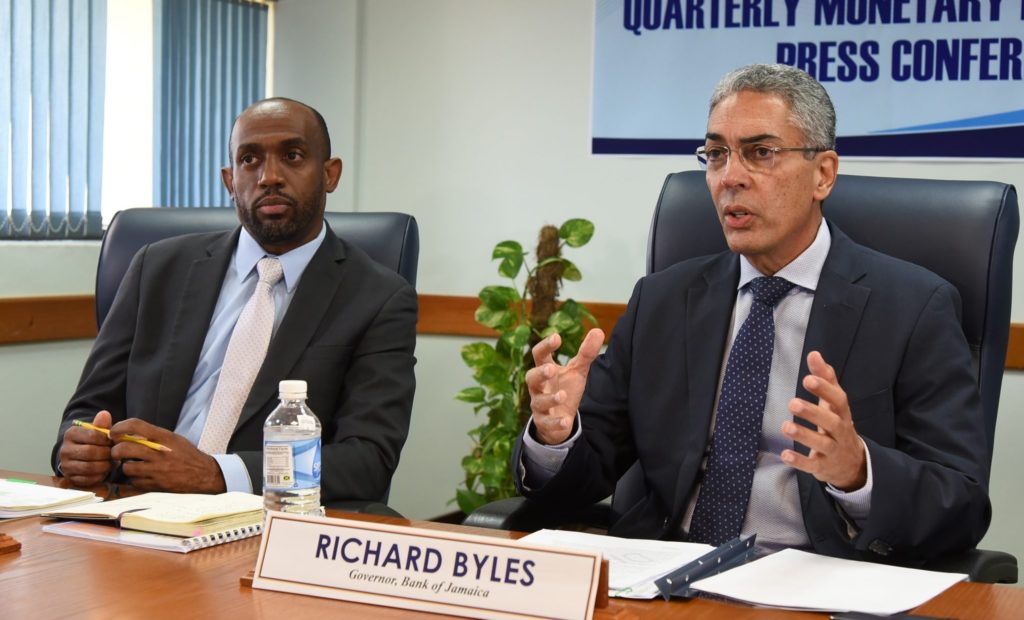
He reported that over the last 10 months, between October 2021 and August 17, the BOJ sold nearly US$1.5 billion directly to the market, via the BOJ Foreign Exchange Intervention Trading Tool (B-FXITT) window, and to the energy sector, specifically Petrojam and the Jamaica Public Service Company (JPS).
BOJ surrender arrangement
“We also provide foreign exchange to meet the Government’s external debt payments and other obligations, when needed,” Dr Robinson indicated, pointing out that the Central Bank also purchases foreign exchange from the market daily via its surrender requirements. Under this arrangement, banks are required to sell 20 per cent of their daily gross purchases to the BOJ, while 15 per cent is derived from cambios.
“We purchased approximately US$2 billion… from the market. So, on net, we have bought approximately US$500 million,” Robinson stated. He added that the reserves are also buoyed by inflows from the Government’s external borrowings, noting that just under US$300 million was derived from loans, mainly during the January to March 2022 quarter.
The deputy governor maintained, however, that “when we look ahead to see what is happening in the Balance of Payments [and] what could happen to the various flows that I mentioned, we still expect that the reserves will remain above 100 per cent of the adequate level. So, the bottom line is, although the reserves have declined, they are still adequate.”.
He underscored that the BOJ considers maintaining an adequate level of reserves as “one of the key pillars of underwriting and ensuring macroeconomic stability. We just want to reassure Jamaica that as the guardians of the country’s savings, the Bank of Jamaica is fully cognizant of the need to maintain an adequate level of gross reserves, given our vulnerability to a myriad of shocks, and we will ensure that the reserves remain adequate.”


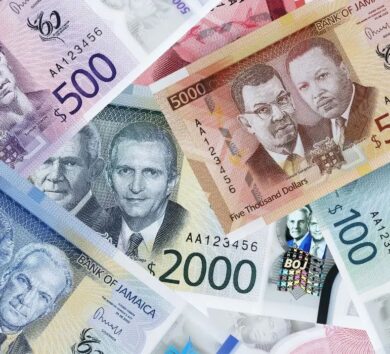
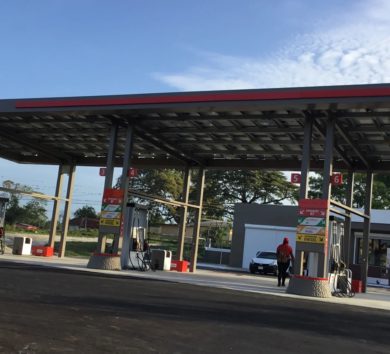
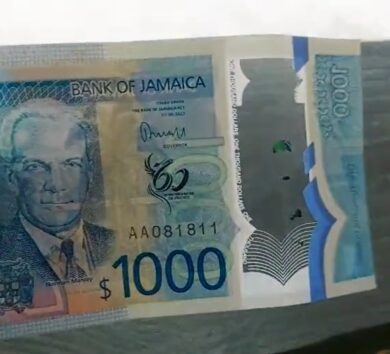


Comments